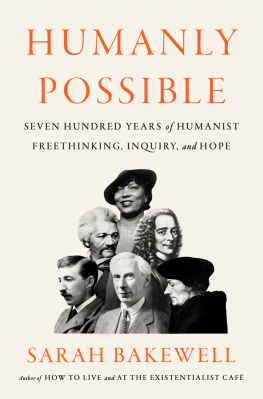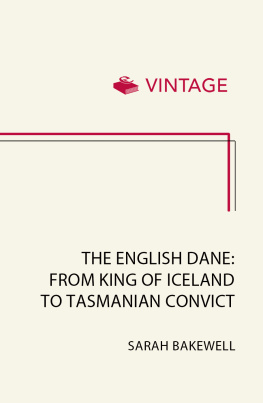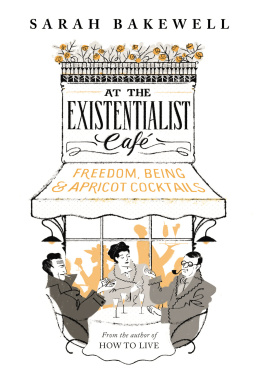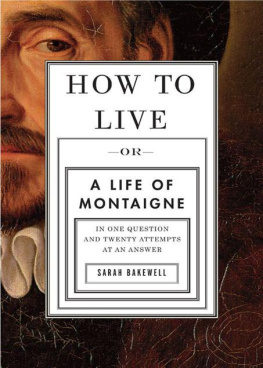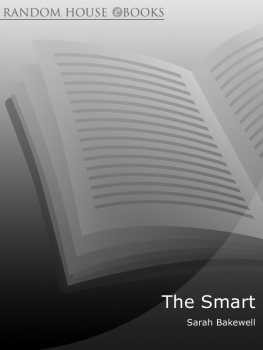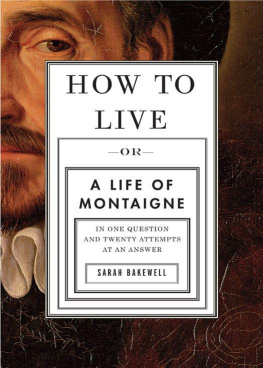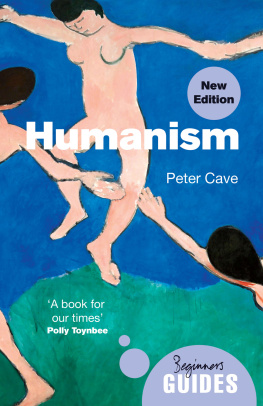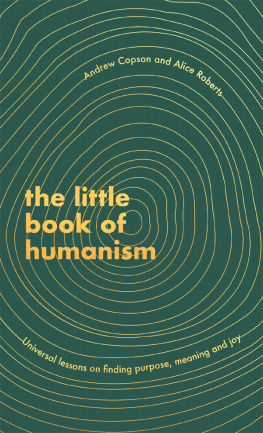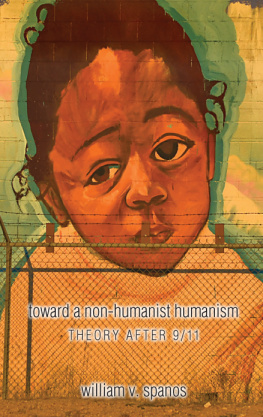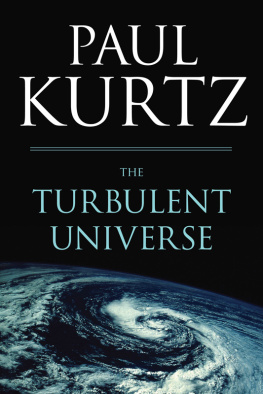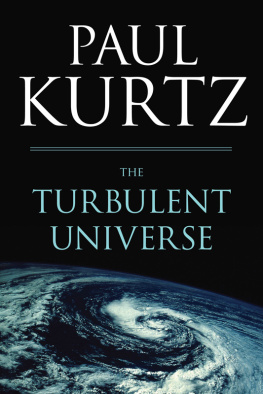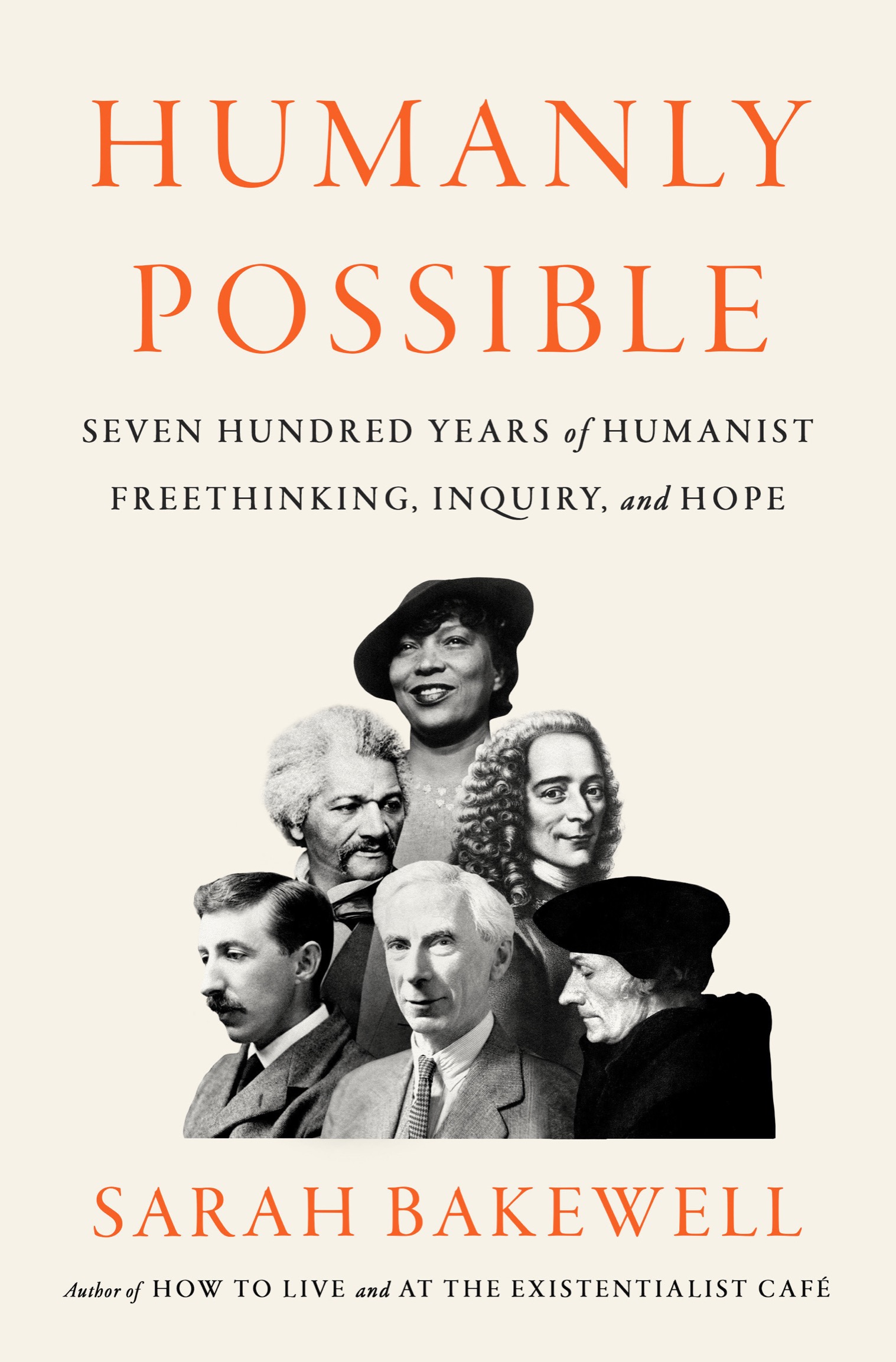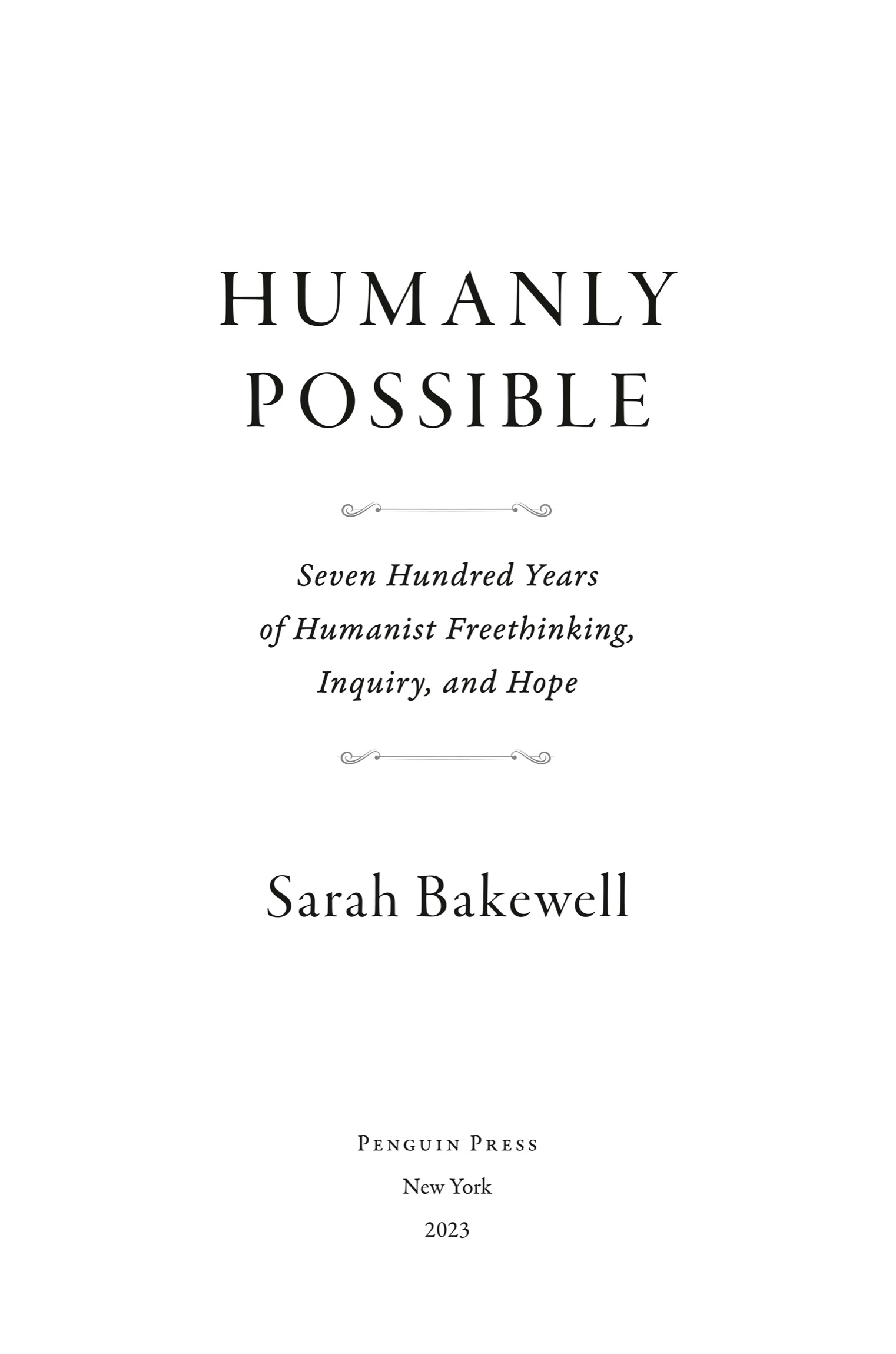Sarah Bakewell - Humanly Possible: Seven Hundred Years of Humanist Freethinking, Inquiry, and Hope
Here you can read online Sarah Bakewell - Humanly Possible: Seven Hundred Years of Humanist Freethinking, Inquiry, and Hope full text of the book (entire story) in english for free. Download pdf and epub, get meaning, cover and reviews about this ebook. City: New York, year: 2023, publisher: Penguin Press, genre: Science. Description of the work, (preface) as well as reviews are available. Best literature library LitArk.com created for fans of good reading and offers a wide selection of genres:
Romance novel
Science fiction
Adventure
Detective
Science
History
Home and family
Prose
Art
Politics
Computer
Non-fiction
Religion
Business
Children
Humor
Choose a favorite category and find really read worthwhile books. Enjoy immersion in the world of imagination, feel the emotions of the characters or learn something new for yourself, make an fascinating discovery.
- Book:Humanly Possible: Seven Hundred Years of Humanist Freethinking, Inquiry, and Hope
- Author:
- Publisher:Penguin Press
- Genre:
- Year:2023
- City:New York
- Rating:4 / 5
- Favourites:Add to favourites
- Your mark:
Humanly Possible: Seven Hundred Years of Humanist Freethinking, Inquiry, and Hope: summary, description and annotation
We offer to read an annotation, description, summary or preface (depends on what the author of the book "Humanly Possible: Seven Hundred Years of Humanist Freethinking, Inquiry, and Hope" wrote himself). If you haven't found the necessary information about the book — write in the comments, we will try to find it.
Humanism is an expansive tradition of thought that places shared humanity, cultural vibrancy, and moral responsibility at the center of our lives. The humanistic worldviewas clear-eyed and enlightening as it is kaleidoscopic and richly ambiguoushas inspired people for centuries to make their choices by principles of freethinking, intellectual inquiry, fellow feeling, and optimism.
In this sweeping new history, Sarah Bakewell, herself a lifelong humanist, illuminates the very personal, individual, and, well, human matter of humanism andtakes readers on a grand intellectual adventure.
Voyaging from the literary enthusiasts of the fourteenth century to the secular campaigners of our own time, from Erasmus to Esperanto, from anatomists to agnostics, from Christine de Pizan to Bertrand Russell, and from Voltaire to Zora Neale Hurston, Bakewell brings together extraordinary humanists across history. She explores their immense variety: some sought to promote scientific and rationalist ideas, others put more emphasis on moral living, and still others were concerned with the cultural and literary studies known as the humanities. Humanly Possible asks not only what brings all these aspects of humanism together but why it has such enduring power, despite opposition from fanatics, mystics, and tyrants.
A singular examination of this vital tradition as well as a dazzling contribution to its literature, this is an intoxicating, joyful celebration of the human spirit from one of our most beloved writers. And at a moment when we are all too conscious of the worlds divisions, Humanly Possiblebrimming with ideas, experiments in living, and respect for the deepest ethical valuesserves as a recentering, a call to care for one another, and a reminder that we are all, together, only human.
Sarah Bakewell: author's other books
Who wrote Humanly Possible: Seven Hundred Years of Humanist Freethinking, Inquiry, and Hope? Find out the surname, the name of the author of the book and a list of all author's works by series.

